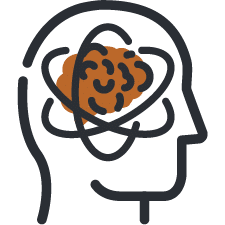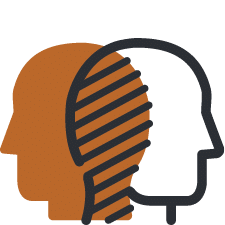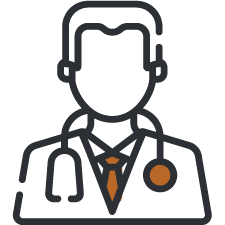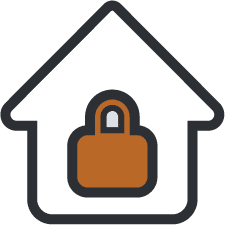Mental Health Diagnoses We Treat
Our staff is specially trained to treat a variety of mental health problems including:
Substance abuse and mental health problems often go hand-in-hand. That’s why our team is dedicated to leading Arizona in dual diagnosis treatment.
Our staff is specially trained to treat a variety of mental health problems including:




There isn’t one way to treat mental health problems. Our licensed clinicians are trained to find the therapy regimen that works best for each client. At The Hope House, we offer cutting-edge treatment options to confront and reduce the effects of trauma and mental illness. These include: Biofeedback, Meditation and Mindfulness, EMDR, Somatic Experiencing, and Accelerated Resolution Therapy.
Our team also utilizes evidence-based treatment modalities proven to help clients overcome substance abuse. These include: MAT, CBT, DBT, Family Therapy, and Sober Support Networks (12 Step, Smart Recovery, Refuge Recovery).
While inpatient rehab equips clients with the tools needed to avoid relapse, a personalized aftercare plan can ensure long-term sobriety. All clients receive a personalized plan including outpatient care, sober living, support groups, and more to support their recovery and mental health needs.

Our facilities offer resort-style accommodations to ensure you time with us is restorative and focused on recovery. Each treatment center is unique and offers on-site or virtual tours before being admitted.

Our masters-level clinicians are trained across multiple disciplines to offer robust therapy options, including: trauma-based therapy, talk therapy, and holistic therapy. We also practice an open-door policy allowing clients to work with staff outside of their regularly scheduled sessions.

From your first call to aftercare we promise ultimate privacy. Our 10,000 sq. ft. mansions sit in the hills of Scottsdale for secluded recovery. Our facilities are home to just 10 clients each month, ensuring you have the space and individual attention you deserve.
Read our comprehensive guide to understanding dual diagnosis for a full breakdown on co-occurring disorders. We discuss the primary mental health issues and how they interact with substance abuse.
Many addiction therapies inadvertently confront mental health problems as well. (ie: motivational interviewing, CBT, and family therapy). This allows us to work with clients holistically even if they don’t believe they have a mental illness.
We are unable to treat clients with the desire to kill themselves and a plan to do so (active suicidal ideation).
No. Dual diagnosis treatment is available to all clients and is included in regular treatment when our clinicians deem it necessary. Our Dual Diagnosis Program is included with our Luxury Rehab Program.
Typically. Clients who primarily need mental health services will not be covered under insurance, but clients who primarily have a substance abuse disorder coupled with a mental health diagnosis are usually covered.
Yes. We have a dedicated Executive Treatment Program for just this need. Clients are given private rooms, access to electronics, modified treatment schedules and more.